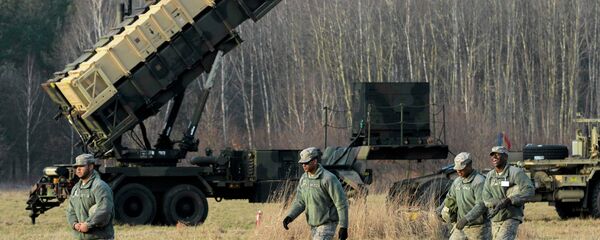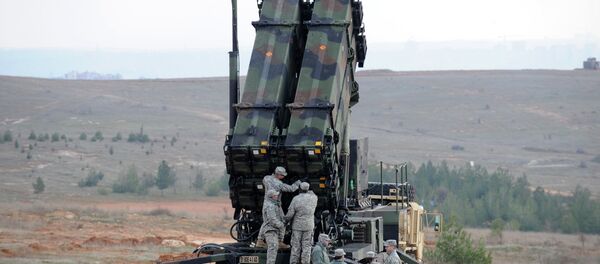On April 2, Tehran and the P5+1 countries, comprising Russia, the United States, the United Kingdom, China, France and Germany agreed on a political framework for a comprehensive agreement aimed at ensuring the peaceful nature of Iranian nuclear energy activities.
The proof that #Russia wants the War See as they placed their country: in the middle of the bases of the #NATO pic.twitter.com/U73svMpUd1
— Franck (@83Johnny) 8 Март 2015
How dare you #Russia!?!!! Why does #Russia moves its country towards #nato bases? #Ukraine #USA pic.twitter.com/S4sXr4H0le
— Frogue (@Belg_Frog) 14 Март 2015
“We see that as the Iran’s nuclear program issue is showing noticeable progress, Washington and Brussels are trying to think up new reasons for their anti-missile program.”
On Tuesday, a US State Department official told Sputnik that the United States will continue developing its European Phased Adaptive Approach (EPAA) plans that include missile defense systems placed in Eastern Europe as a response to possible ballistic missile threats from Iran.
In February, Russian Foreign Minister Sergei Lavrov cited the US-led anti-missile shield project in Eastern Europe as an example of how EU leaders have surrendered the ideal of a transparent European security for the sake of "illusions and convictions of Cold War winners."





